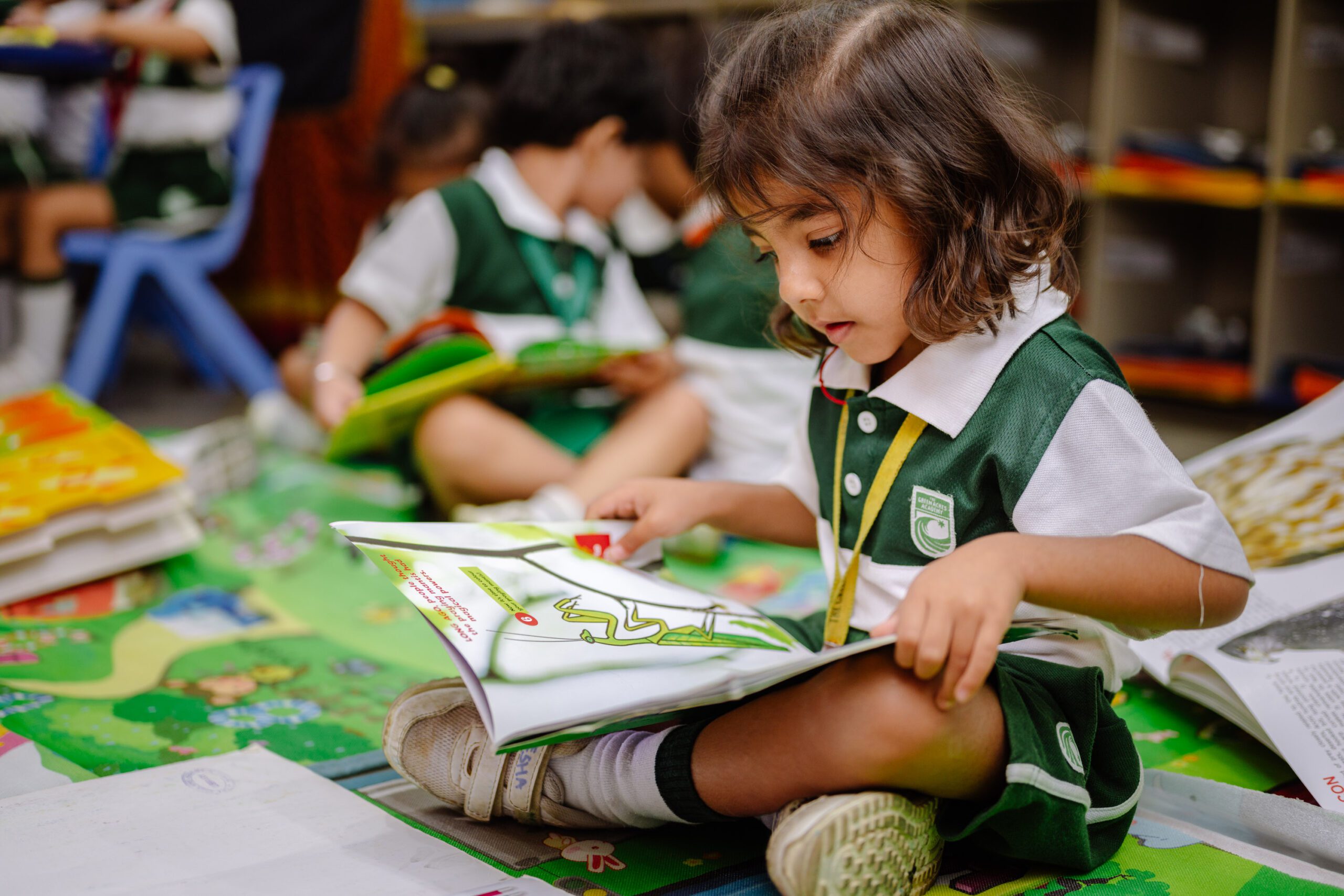Early education or pre-primary schools are vital for the preparation of children for a healthy and successful primary education. Many parents feel that children at that age are still too small to attend school and should be spending more time having fun at home. While this is true it is important that their early play and exploration is engaging, educative and stimulating. A well designed early years curriculum provides many stimuli and works towards seeing a measurable growth in the child during his time at school.
Some of the key benefits that you can expect from sending your child to an early years programme will be:
Gives young children socio-emotional growth
One of the first things we need to teach our children is how to separate from their primary care givers. For a child, knowing that he can separate from his parents into a new environment with new care givers and have them come back for them a few hours later reinforces healthy separation and emotional security. This is fundamentally helpful for the child to feel comfortable, confident and engaged when they finally move on to full time schooling. A good early learning program focuses on building this independence in a child and measures for factors that show this growth. Interacting, observing and playing with other children also teaches a child how a social group operates and makes them comfortable amongst their peers in school.
Foundation for numeracy and language skills
Early learning focuses on basic numeracy and language skills. While these are also taught at the primary level, it has been seen that students who engage in early learning are able to have a deeper and more conceptual experience rather than learning the basics. Children start to learn language at a very young age and in fact in India they are often learning multiple languages at home. A good early learning or pre-primary program reinforces these skills. Children are also taught numeracy through different senses. For example counting can be taught by moving beads, watching a teacher or singing a song. This engages all of their senses in learning and awakens the child’s interests.
Fine and Gross Motor development
Early learning or pre-primary programs also engage the physical needs of a child. Through play and special learning toys teachers are able to create situations in which the child can engage their fine motor (fingers, hands, eyes) or their gross motor skills (running, jumping and crawling). Exposure to a variety of environments and surfaces gives the child an opportunity to develop their muscles and prepare themselves for life.
Engagement and exploration
All humans are constantly learning and children in their early years are learning at an extremely rapid pace. Thus it is important to expose them to new environments, people and peers.
New teacher, friend or friend’s parent may be able to give an important and personality forming experience to the child. These experiences will help them grow into strong confident children who are able to navigate the world and become model citizens.
Take your time and pick the right program, but remember, that by choosing the right early education or pre-primary school you can give your child that head start to being successful.
(This article is written by Rohan Parikh, Director of The Green Acres Academy for Daily Pioneer here.)

